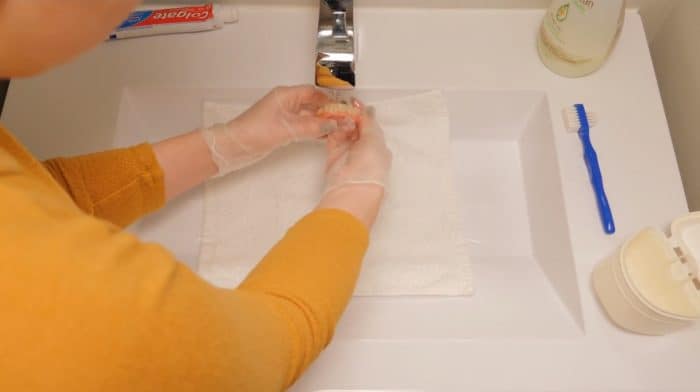Advance Care Plan
Advance Care Planning is a process of thinking about and sharing your wishes for future health and personal care. It helps you tell others what would be important if you were ill and unable to communicate. Developing a clear plan in advance can reduce family distress and help ensure that the person receives the end-of-life care that they want. In this video, we tell you more about advanced care plan
Advance care planning is about outlining and sharing the person you are caring for’s wishes on their future health and personal care if they cannot speak for themselves.
That way, you, as the caregiver, have the comfort and confidence to tell others what the person you are caring for wants ahead of time.
While advance care planning is voluntary, they are important conversations because:
It is the best way to avoid conflict between family members, which is a very common experience.
Here’s how to start talking about an Advance Care Plan:
Choose a comfortable setting, maybe when you and the care recipient are out for a walk. It doesn’t need to be formal.
Begin the conversation by saying that you respect their choices and wishes about the care and medical treatment -if they are unable to speak for themselves. To do that, you need to know more about their values, beliefs, goals, and wishes.
Continue the conversation with an example they can relate to, such as “Remember when Uncle Shaun had a feeding tube put in before he died? What do you think about that?”
Approach the conversation from their values, beliefs, and wishes. What is meaningful to them? Would they prefer to be at home or hospice? Would they want spiritual guidance or presence?
Talk about the end of life, palliative care options and medical procedures. There are a lot of different medical procedures and types of equipment that might be used at the end of life.
Ask your care recipient to decide on a person who will make care and medical decisions for them if they are unable to make those on their own. This person is known as the Substitute Decision Maker. This person must know the care recipient’s values, beliefs, and wishes and be comfortable and confident to speak on their behalf.
Lastly, encourage the care recipient to have conversations about their Advance Care Plan and their wishes with people who are close and relevant to them, such as doctors or spiritual advisors.
It is important to review the plan on a regular basis because life can change, and so can the care recipient’s future care wishes.
We have included a link to an advanced care plan template in our description box to help you get started.
Be sure to check out our CareChannel for more caregiver support and resources.






